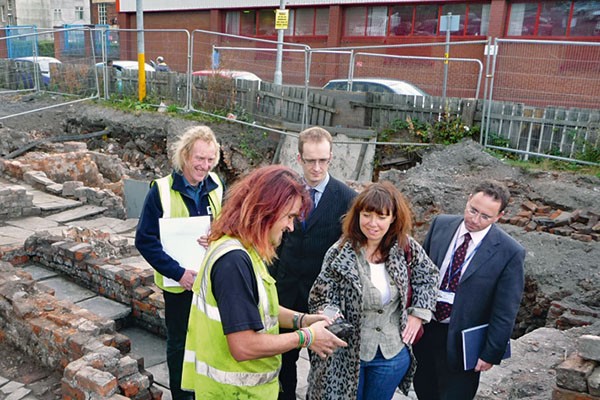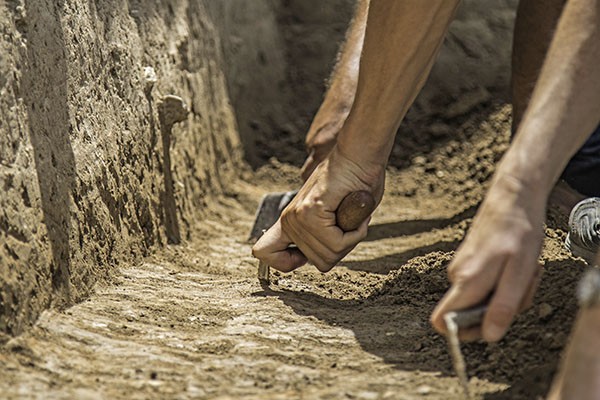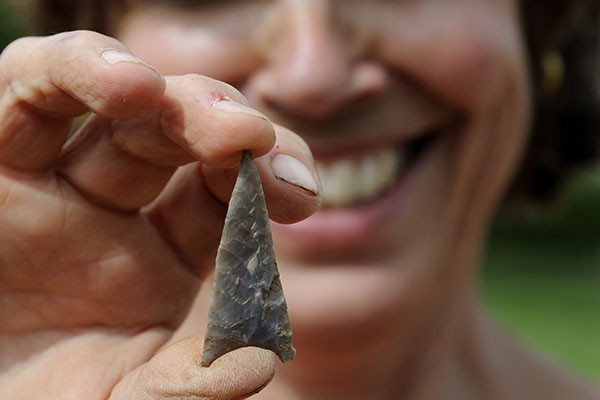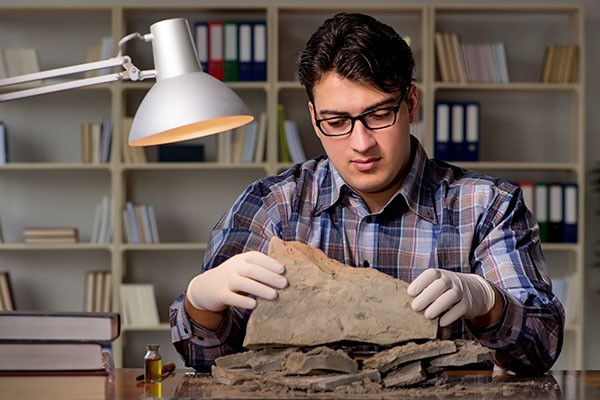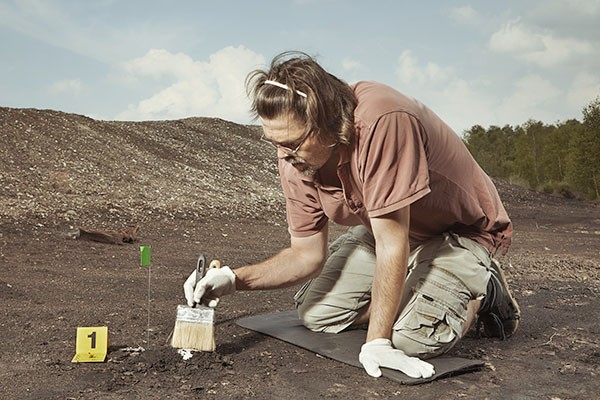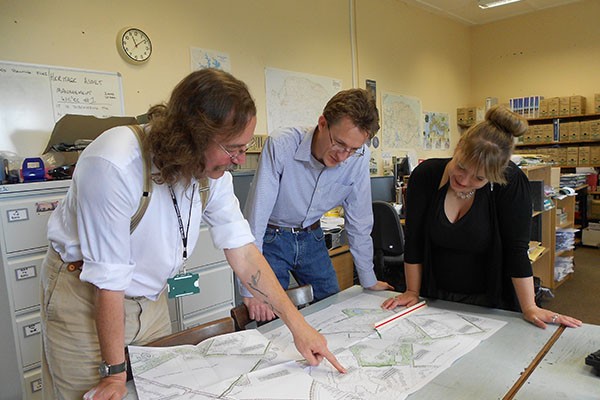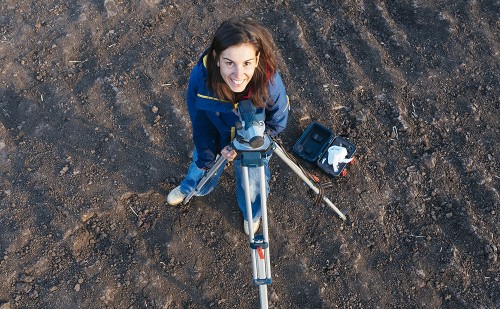
We welcome applications to join CIfA from people who are involved in the study and care of the historic environment, employed or voluntary, regardless of academic background or location.
Joining CIfA means you will support CIfA’s aims and work in accordance with the Code of conduct, policies and Standards of the Institute; these are binding on all accredited members and emphasise your duty to adhere to professional and ethical standards.
We offer three grades of professional accreditation: Practitioner (PCIfA), Associate (ACIfA) and Member (MCIfA) and a fast-track to PCIfA accreditation for NVQ in Archaeological Practice graduates. Plus those rejoining CIfA can do so at their previous grade. See below for more information about how to apply.
If you are studying archaeology or related subject or are not ready to apply for an accredited grade we offer two non-accredited Student and Affiliate grades.
We also provide advice about careers and professional development through our professional pathways scheme.
See our Join CIfA FAQs and explore the information below to learn more about becoming professionally accredited.
Since April 2022 new requirements have been added to the application criteria requiring applicants to demonstrate that they understand and work in accordance with the Code of conduct and relevant CIfA Standards. Please see the individual guidance pages below for more details.



